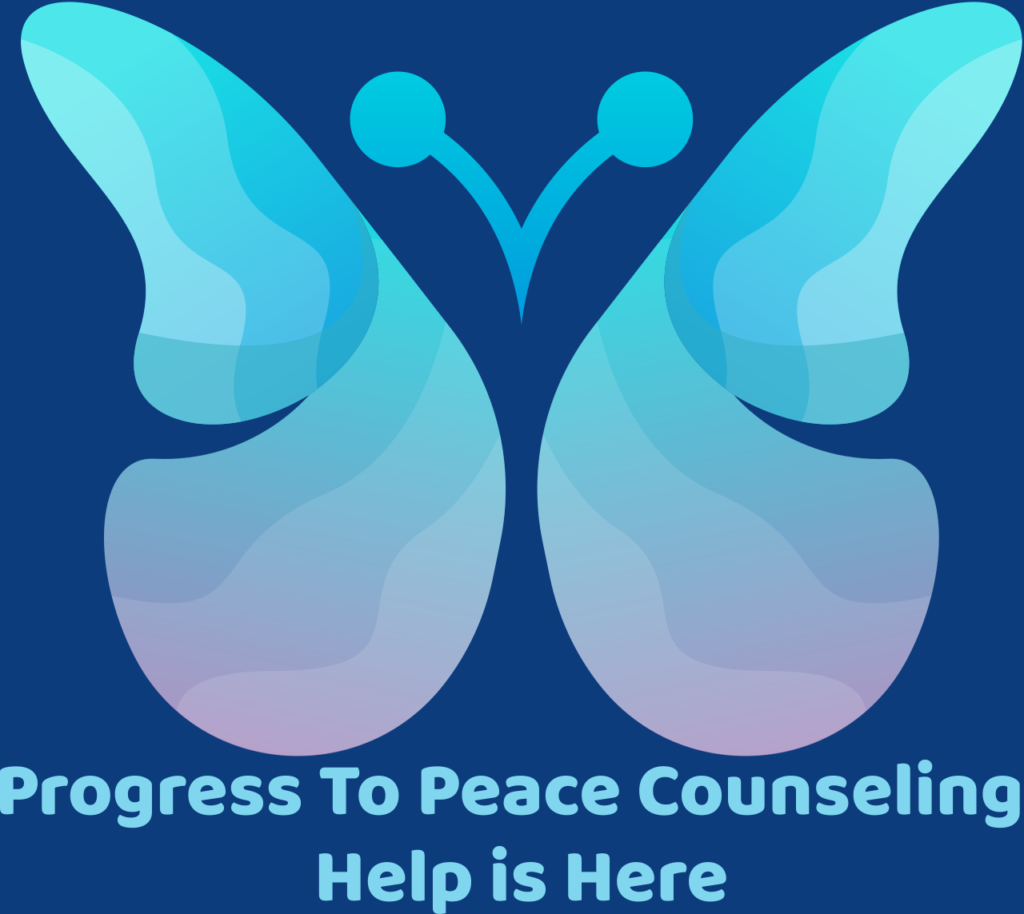
The Science Behind Gratitude and Mental Health
Gratitude isn’t just a feel-good concept—science backs its powerful impact on mental health. Studies show that practicing gratitude regularly can improve mood, reduce anxiety and depression, and even improve physical health. Gratitude shifts the brain’s focus from negative to positive, retraining the mind to notice the good in life.
When we practice gratitude, our brain releases dopamine and serotonin—neurotransmitters responsible for feelings of happiness and well-being. This neurochemical boost can lower stress levels, enhance mood, and even improve sleep quality. Over time, gratitude rewires the brain to become more optimistic and resilient, helping people navigate life’s challenges with a more positive outlook.
Shifting Your Perspective from Lack to Abundance
One of the most significant benefits of daily gratitude practice is how it shifts your perspective. In our fast-paced, goal-oriented culture, it’s easy to focus on what we don’t have—the promotion we didn’t get, the vacation we can’t afford, or the things we wish were different. This focus on lack often leads to feelings of dissatisfaction, jealousy, or frustration.
Gratitude, however, flips that perspective. Instead of dwelling on what’s missing, it encourages you to focus on what you do have—your health, supportive friends, a comfortable home, or even small moments of joy throughout the day. By making a conscious effort to notice and appreciate the good things, you shift from a mindset of scarcity to one of abundance.
How Gratitude Improves Relationships and Social Connections
Gratitude doesn’t just benefit your personal mindset—it also strengthens your relationships. When you practice gratitude, you’re more likely to appreciate and acknowledge the people in your life. This recognition fosters stronger, healthier connections with family, friends, and colleagues.
Expressing gratitude to others—whether through a simple thank you, a heartfelt note, or verbal acknowledgment—creates a positive feedback loop. It makes others feel valued and appreciated, which in turn makes them more likely to show kindness and generosity back. This builds a foundation of trust and mutual respect, deepening relationships and creating a more supportive social network.
In romantic relationships, gratitude can help couples focus on their partner’s positive traits rather than dwelling on irritations or conflicts. Regularly expressing gratitude for your partner fosters emotional intimacy and strengthens your bond, making both partners feel seen and appreciated.
Incorporating Gratitude into Your Daily Routine
Practicing gratitude doesn’t have to be complicated. There are many simple ways to weave gratitude into your daily routine, and the more consistently you practice, the more benefits you’ll experience.
One of the most effective methods is to keep a gratitude journal. At the end of each day, take a few moments to write down three things you’re grateful for. These can be small or significant—a good conversation with a friend, a sunny day, or a personal achievement. Over time, this practice trains your brain to look for the positives throughout the day, shifting your focus toward gratitude naturally.
You can also practice gratitude in the moment. Whenever you feel stressed or overwhelmed, pause and take a deep breath. Then, mentally list a few things you’re grateful for in that situation. This could be something as simple as having a cup of coffee to enjoy, or as profound as appreciating your body’s ability to carry you through tough times.
Conclusion
Practicing gratitude daily can truly transform your life. By making gratitude a daily habit through journaling, expressing thanks, or simply pausing to appreciate life’s moments, you’ll find yourself feeling more connected, optimistic, and fulfilled. The power of gratitude lies in its simplicity, and it’s something we all can practice to enhance our mental and emotional health.














